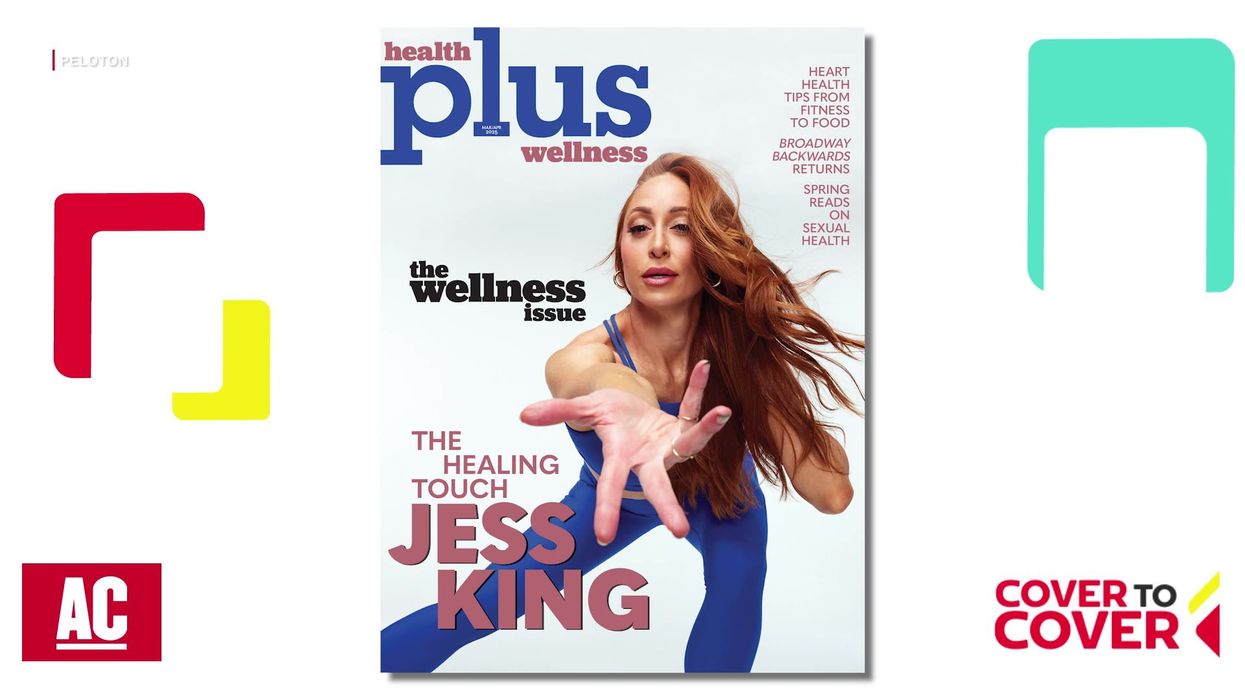Wow, that’s a really good question. And it’s one that clients often bring up. When you’re living with HIV, deciding whether to disclose or not can be complicated. So answering your question begins with asking more questions.
I can certainly understand your concern about what your co-workers may be thinking. I know how co-workers watch each other. And absences can inevitably lead to speculation about what’s behind the absences. As you said, co-workers may wonder if the person with the repeated absences might be seeking greener pastures. Gossiping follows. Sometimes you just have to wonder why people in an office don’t seem to have anything better to do than to make assumptions and spread rumors, right?
As I always say to my clients, what co-workers might be thinking is one of those things we don’t have a lot of control over, if any. So where does that leave you? Regardless of what they think or say, you still need to get to take care of your health.
And while I can understand why you are considering disclosing your HIV status to them — that’s certainly one way to stop the job-hunting rumors — you need to remember that every action has a consequence. So let’s talk about that.
The first question is how out in the open you want to be about your HIV status. Being HIV-positive is not something you need to be ashamed about. Having said that, like any chronic condition, disclosure also means opening up about something very personal. On one hand, you might find that some co-workers are really supportive. On the other hand, others may show some ignorance about HIV that could cause you to feel stigmatized.
It’s a good idea to consider how enlightened your workplace is. Disclosing to one person may very likely lead to others learning about your status. People talk. While the world has become a whole lot more knowledgeable where HIV is concerned, not everybody has updated their HIV knowledge, or has even been acquainted with someone who is living with HIV (that they know of). If you are living in an urban area, talking about HIV may be no big deal at all. In a less urban area, or in a more conservative organization, co-workers may not be so enlightened. Do you have a sense of how co-workers might react?
Either way, chances are this disclosure will lead to questions, comments, and even some unwanted scrutiny. Some of these questions may be flat-footed or a little too personal. Of course, you don’t have to answer them all. And you may need to do some educating. Are you okay with that?
If you have a human resources department, and if you feel comfortable with someone who works there, you may want to start by having this discussion with them, if you haven’t already. You can be straightforward on your status, or just tell them you have a chronic condition that may require occasional (or, at times, frequent) absences for medical appointments. Find out your organization’s policy on taking time for these appointments, just to make sure are protected and that you are accounting for your time according to policy.
So, to disclose or not to disclose?
First, keep in mind that you don’t owe your co-workers an explanation for your absences. If you have a friendly relationship with them and want to disclose, then that is your choice. But again, it is indeed your choice.
If you do want to disclose your status, you may want to start with a co-worker or two that you are especially close to. Sit down together and have a talk about what’s going on in your life. See how it feels for you to talk about your status with someone you work with, and see how they react. Take it slow.
Any decision you make regarding disclosing to your co-workers, do it with both eyes wide open. Know your rights. Be clear with yourself on your expectations. Stay connected with your support network. And remember, you’re in charge.








































































